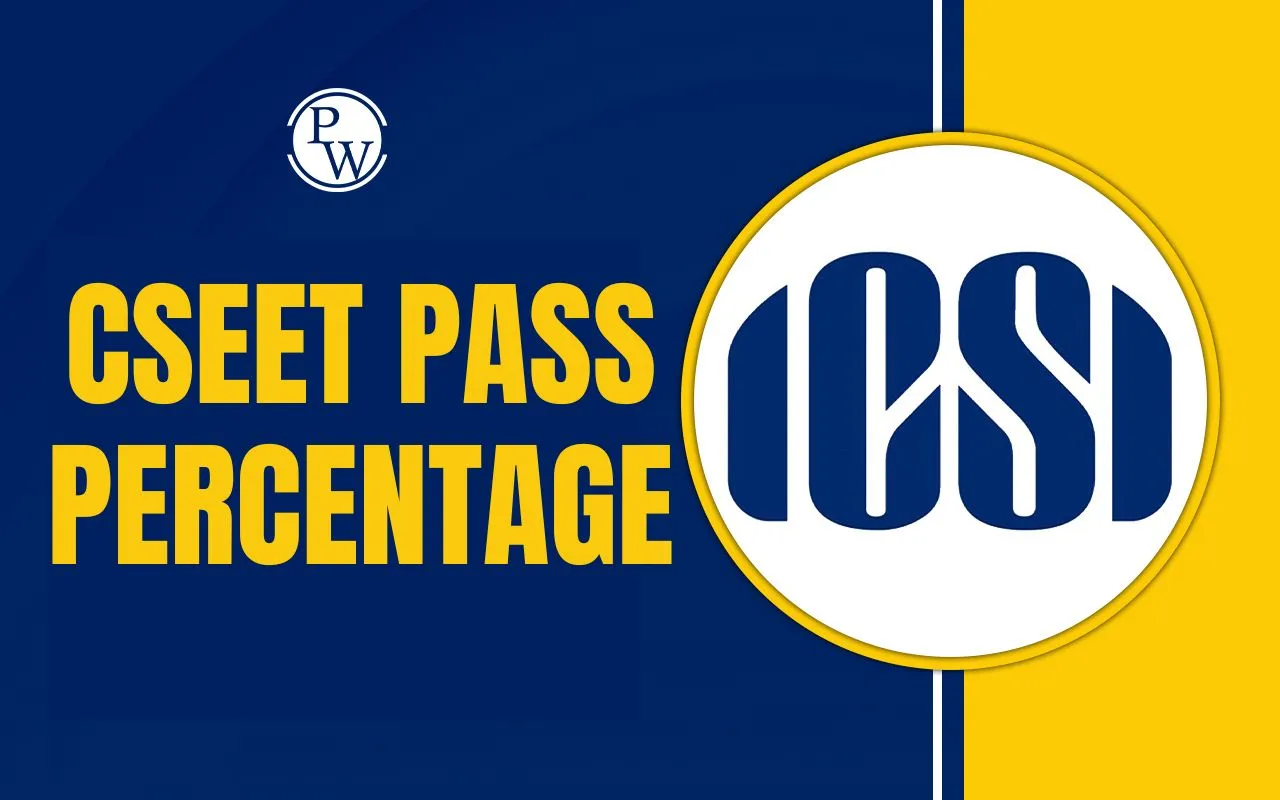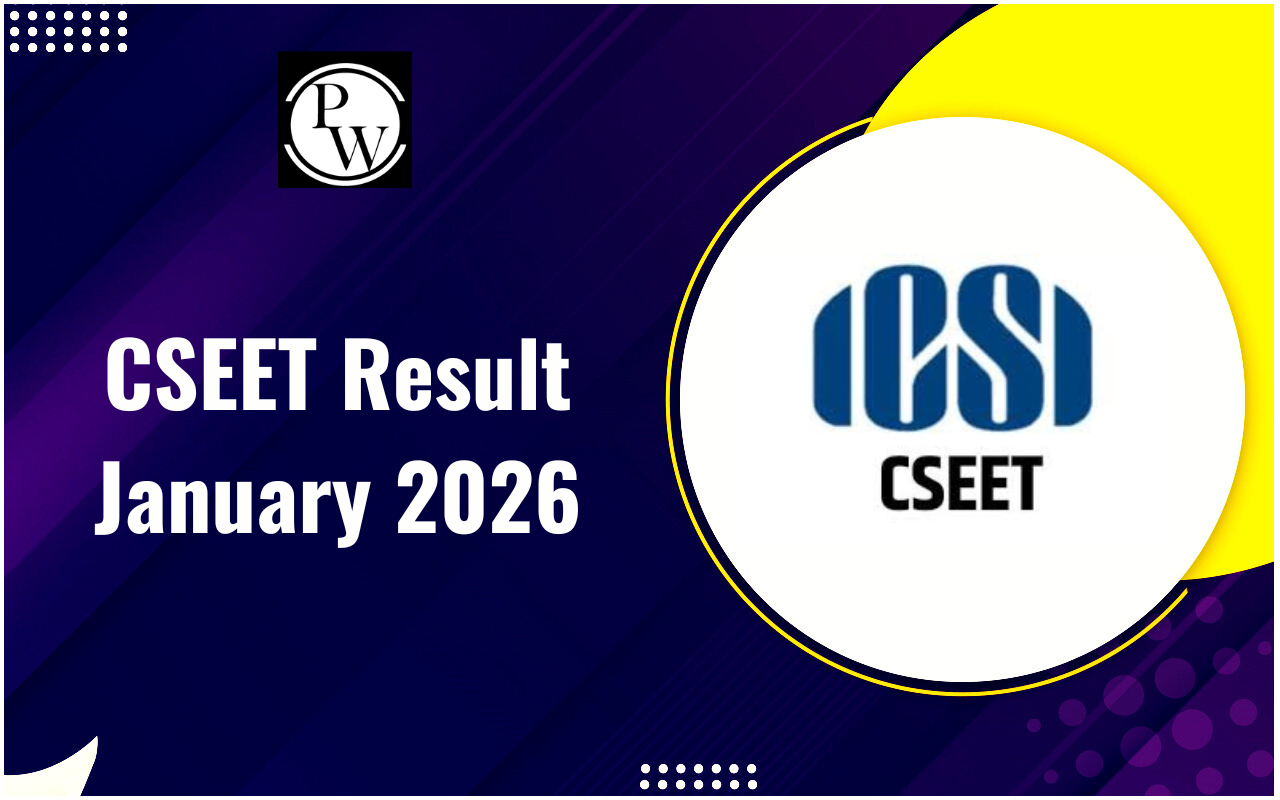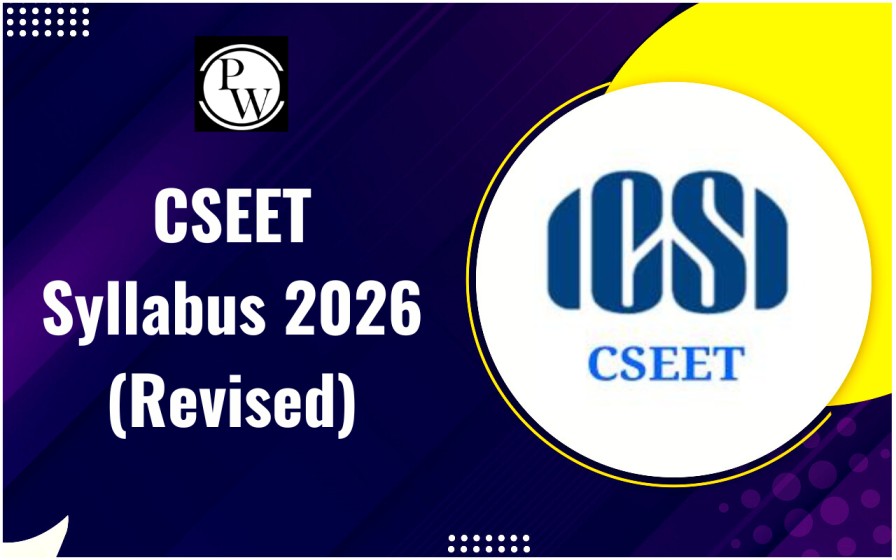
The Securities Contracts Regulation Act (SCRA) was enacted in 1956 and is one of the first laws made for the Indian capital markets. It regulates contracts in the Indian securities markets and stock exchanges. All securities defined by the Securities and Exchange Board of India (SEBI) must follow the rules and conditions specified under the SCRA. The article discusses the Securities Contracts Regulation Act in much detail.
What is the Securities Contracts Regulation Act 1956(SCRA)?
The Securities Contracts Regulation Act, 1956 (SCRA) is a legislation in India designed to oversee and control the functioning of securities markets and stock exchanges. Its primary objectives are to ensure fair and ethical trading practices, safeguard the interests of investors, and promote systematic growth within the securities market.Provisions of The Securities Contracts Regulation Act 1956
The main goal of the Securities Contracts Regulation Act is to stop harmful practices and protect investors in the securities market. The SCRA sets up rules to make the market fair and transparent, protects investors, and can adapt to changes in the market. The Act gives the central government the power to stop unauthorized trading. The other provisions of SCRA include the following:Regulation of Securities Contracts: The Securities Contracts Regulation Act regulates agreements for buying and selling securities. All such contracts must follow its rules. If they don’t, the contracts are considered void, according to Section 13 of the Act.
Definition of Securities: Section 2(h) of the SCRA broadly defines securities, including shares, stocks, bonds, debentures, and similar financial instruments. This broad definition covers various items traded in the securities market.
Recognition of Stock Exchanges: The Act sets rules for recognizing and operating stock exchanges. According to Section 3, a stock exchange needs approval from the Central Government to operate. Recognition can be withdrawn under certain conditions to ensure a regulated environment.
Licensing of Brokers and Sub-brokers: The SCRA requires brokers and sub-brokers to be licensed. This ensures they are competent, reliable, and follow the Act's rules.
Prevention of Fraudulent Practices: The SCRA aims to prevent dishonest practices in the securities market. It bans creating fake prices, cornering the market, and short-selling to maintain market integrity.
Regulatory Supervision: The Securities Contracts Regulation Act gives the Securities and Exchange Board of India (SEBI) the power to oversee the securities market. SEBI enforces the Act’s rules and protects investor interests.
Dispute Resolution: The SCRA sets up a system to resolve disputes related to securities contracts. It outlines the rights and solutions for parties in case of contract breaches or other conflicts.
Submission of Returns and Annual Reports: The Act allows stock exchanges to create rules, including voting rights restrictions, and mandates the transformation of clearing houses into corporate bodies. Stock exchanges must also be made by laws regulating contracts and other specified matters.
Government’s Supervisory Powers: The Central Government has significant control over the governing bodies of recognized stock exchanges. Section 11 allows the government to replace the governing body for specific reasons and appoint people to perform its duties. The government can also take similar actions regarding the stock exchange’s business.
Regulation of Contracts and Penal Provisions: The Securities Contracts Regulation Act regulates contracts, including when invalid or void. People dealing with securities in certain areas must get licenses from SEBI. Section 23 outlines various offenses and penalties, including imprisonment and fines up to 25 crore rupees.
Miscellaneous Provisions: The Act includes additional rules, noting that it doesn’t apply to certain entities like the government, the Reserve Bank of India, local authorities, and corporations set up by special laws. The Central Government can delegate authority to SEBI or RBI in specific situations.
Also Check: Basic Concept of Income Tax
What is The Significance of SCRA, 1956?
The SCRA has essential rules that help raise money for different economic activities in various sectors. Key points include:Recognition of Stock Exchanges
- Section 3 outlines how stock exchanges can get government recognition.
- SEBI can also grant recognition.
- The government ensures that stock exchange rules protect investors and ensure fair dealings.
Corporatization of Stock Exchanges
- Amended in 2004, Section 4(B) requires stock exchanges to become corporate entities.
- Ownership and management must be separate from trading rights.
- The public must hold at least 51% of the stock exchange's shares.
Central Government’s Control
- Sections 6, 7, and 8 allow the government and SEBI to oversee stock exchanges.
- They can take action to support investment growth, trade protection, and public welfare.
- Stock exchanges must submit periodic returns and follow set rules for good governance.
Provisions Related to Listing of Securities
- The SCRA sets rules for listing securities on recognized stock exchanges.
- Section 21 requires compliance with listing conditions.
- Section 21A allows for delisting securities based on specific grounds.
The Securities Contracts (Regulation) Act 1956 is essential for India's financial markets. It's updated to fit today's economic changes, making sure everyone in the market follows the rules. Understanding this law is crucial for everyone involved in buying and selling securities.
Join PW CS Online Courses and build a strong foundation in corporate laws and governance with structured learning and dedicated support.
Securities Contracts Regulation Act, 1956 FAQs
What is section 7 of the Securities Act?
Is SCRA applicable to private companies?
What is the SCRA 6 Rule?










